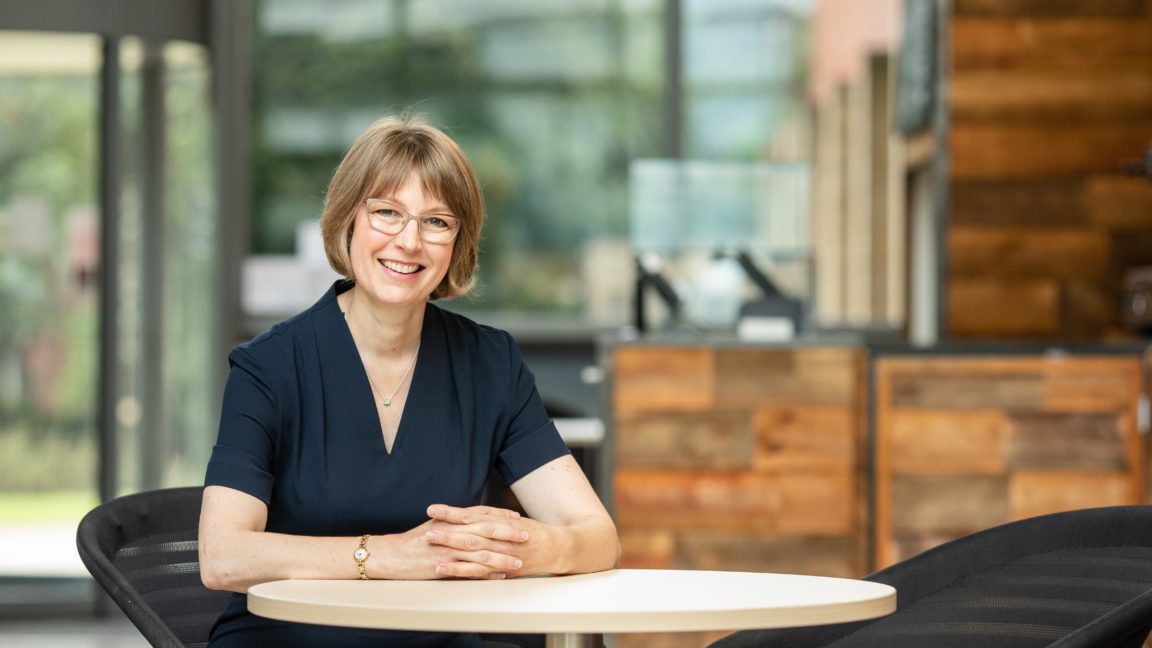Learning is best achieved by doing
Dr Jo Dixon-Hardy is the Director of Grow MedTech based at the University of Leeds. In this article, she discusses how we help academics develop their skills through training, mentoring and action learning.
The success of Grow MedTech isn’t simply measured in the technologies we’ve helped to progress. We also judge our success by how much the academics we work with have increased their knowledge and understanding of the innovation pathway. Although most of what we do takes place outside a classroom setting, learning and skills development is still very much a central plank of the Grow MedTech programme.
The real ‘teachers’ in Grow MedTech are our technology innovation managers, or TIMs. They are often seen as purely project managers, helping academics to keep to timescales and deadlines and prioritise work packages. They do all that, of course, but they do so much more as well. They act almost like mentors, guiding the academics as they develop their technologies. They provide on-the-job learning – or action learning – that really helps to embed a wider knowledge and understanding of how to progress a medical technology.
Ask a silly question
Our TIMs often say that it’s their job to “ask the silly questions”. By this, they mean the basic questions that need to be addressed right from the start. Such as whether the academic has sought a clinical opinion, or the patient perspective. Or simply whether a material has been toxicity tested. Asking these questions prompts the academic to think differently about their project – and ensures that, should they look to develop another technology in the future, they’ll consider such elements much earlier on.
In a manner of speaking, the process is two-way. Because they have this source of expertise they trust, academics also feel able to ask ‘silly’ questions themselves, without worrying that they should know this already. That’s truly irrespective of where the academic is at in their career. You can start on this path as a new post-doc or an established professor – the learning process will be the same.
Completing the application forms for our various grants is another form of action learning. The questions posed show the academic what needs to be considered at each stage of the innovation journey. For example, if they are applying for a proof-of-concept grant, how do they see their technology moving down a commercial pathway? The chances of an academic knowing that straight off are fairly unlikely. But this helps them know what questions need answering and the support of the TIM means they can find those answers. As a result, they gain more insight and more input, all of which is a learning process. Even if a funding bid is rejected, the detailed feedback that our opportunity management panel always provide also builds their knowledge and understanding.
A wider knowledge base
While mentoring is normally a one-to-one relationship, the TIMs provide the academics with access to a wider knowledge and skills base. Firstly, amongst the TIMs themselves, expertise is shared and any or all of them might input into each project. But the TIMs also draw in expertise from external partners, who provide further learning opportunities for the academics. They can help identify the right clinical partner for the project, if one isn’t already in place. Or the right industry partner – whether that’s a company that can help address technical questions about the technology, or one that can help with manufacture, for example.
More traditional skills development, in the form of workshops and secondments, are available to the academics as well through our partner project Translate. The secondments are another opportunity to learn on the job – but in a new environment and from a new perspective. Professor Stephen Smith, an engineer from the University of York, says that spending time with medics and healthcare professionals when he was developing an innovation to support treatment of Parkinson’s provided more than just a secondment. The information and experience he gained helped him understand better how his technology could be developed.
Practical application
Similarly, the workshops we offer through Translate provide the greatest benefits for those academics who can immediately apply what they learn to a project, rather than putting it aside for use at some future date. This is where Grow MedTech and Translate complement each other so well.
Working with the TIMs, filling out the Grow MedTech application forms, and receiving feedback from the grant panel helps the academics identify the gaps in their knowledge and experience. Because – and again, this is something our TIMs often say – you don’t know what you don’t know. Once the gaps have been identified, Translate – with its workshops and secondments – helps to fill them.
The positive feedback from academics who’ve worked with our TIMs, taken up secondments and attended our workshops, is testament to how well this mix of action learning and formal training has helped to develop skills and build capacity in knowledge exchange.

